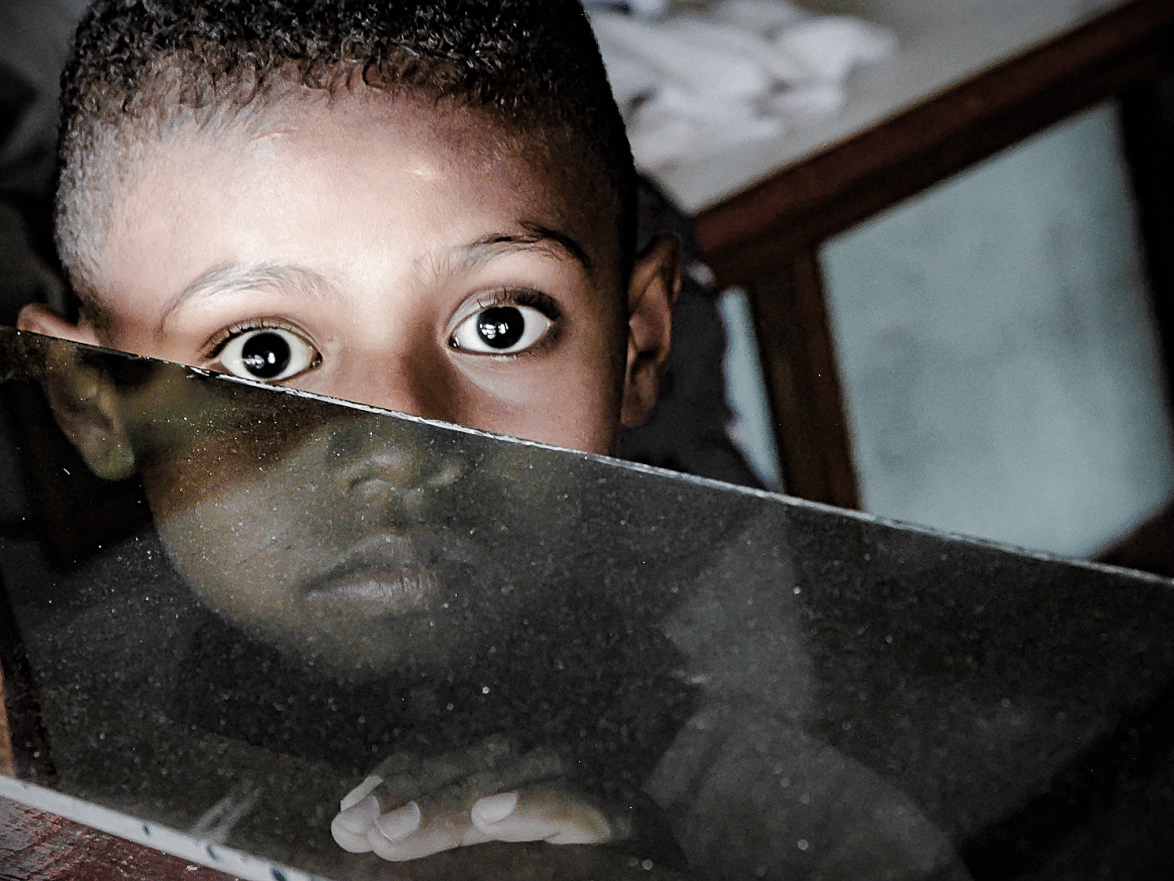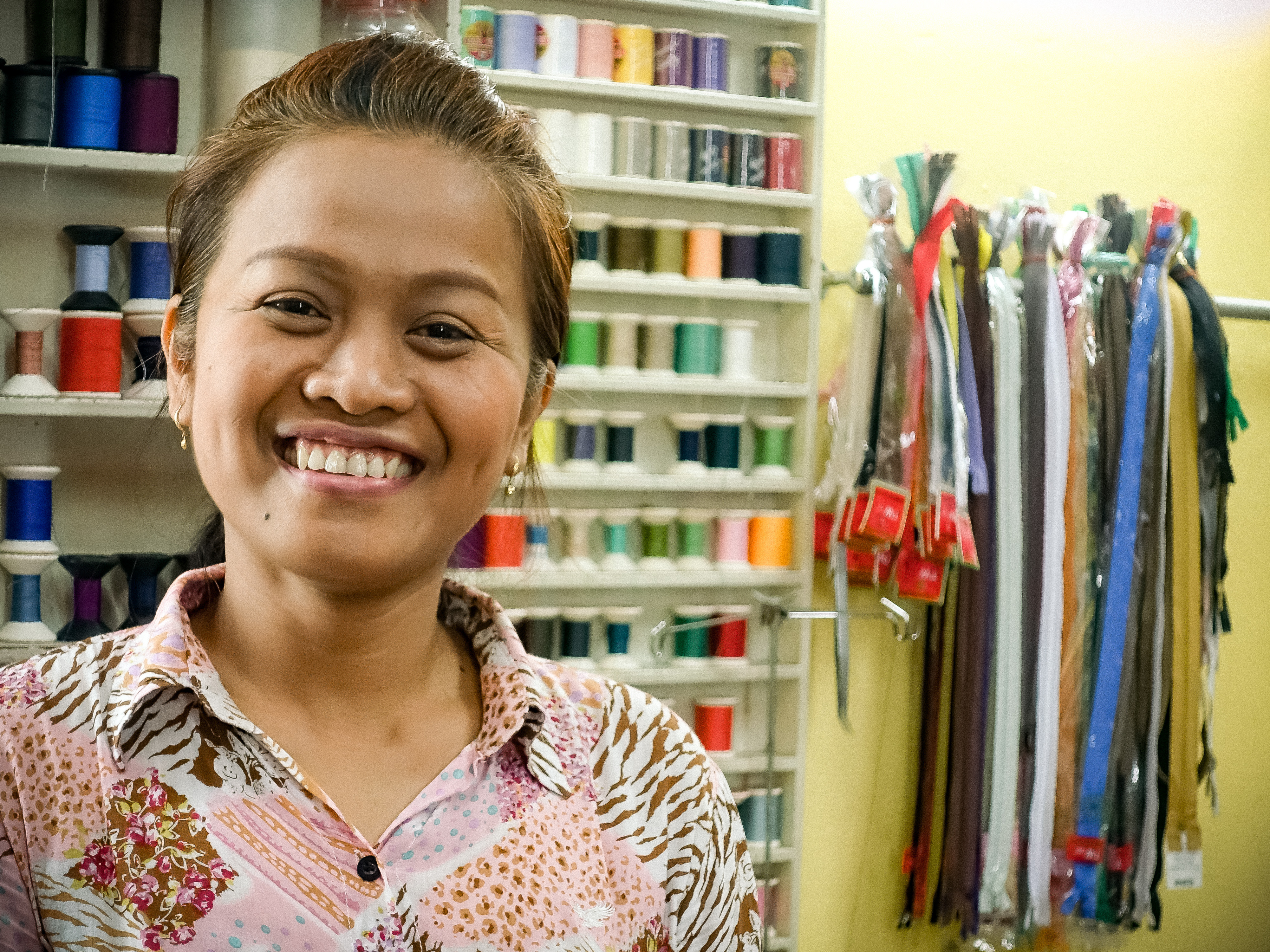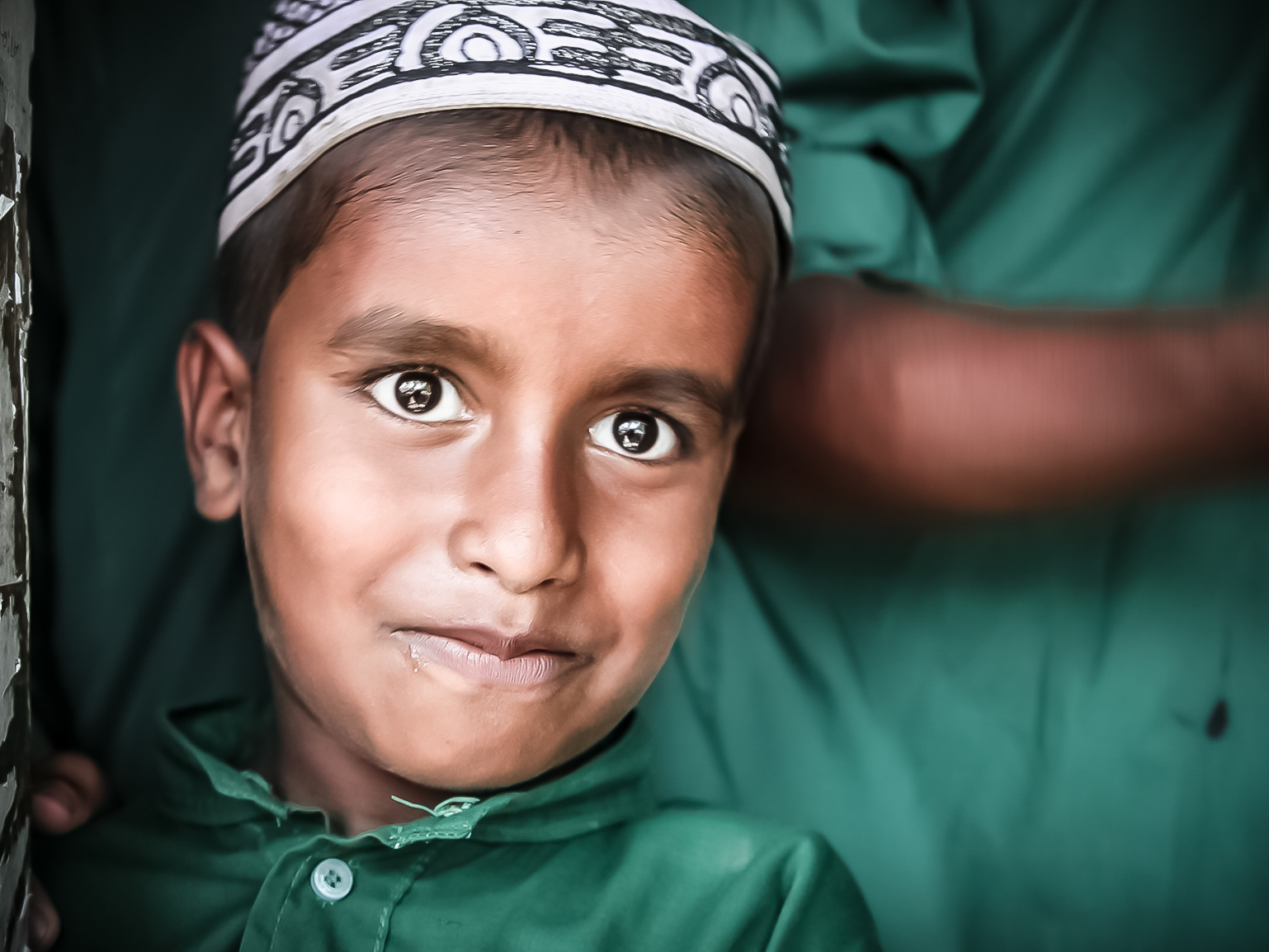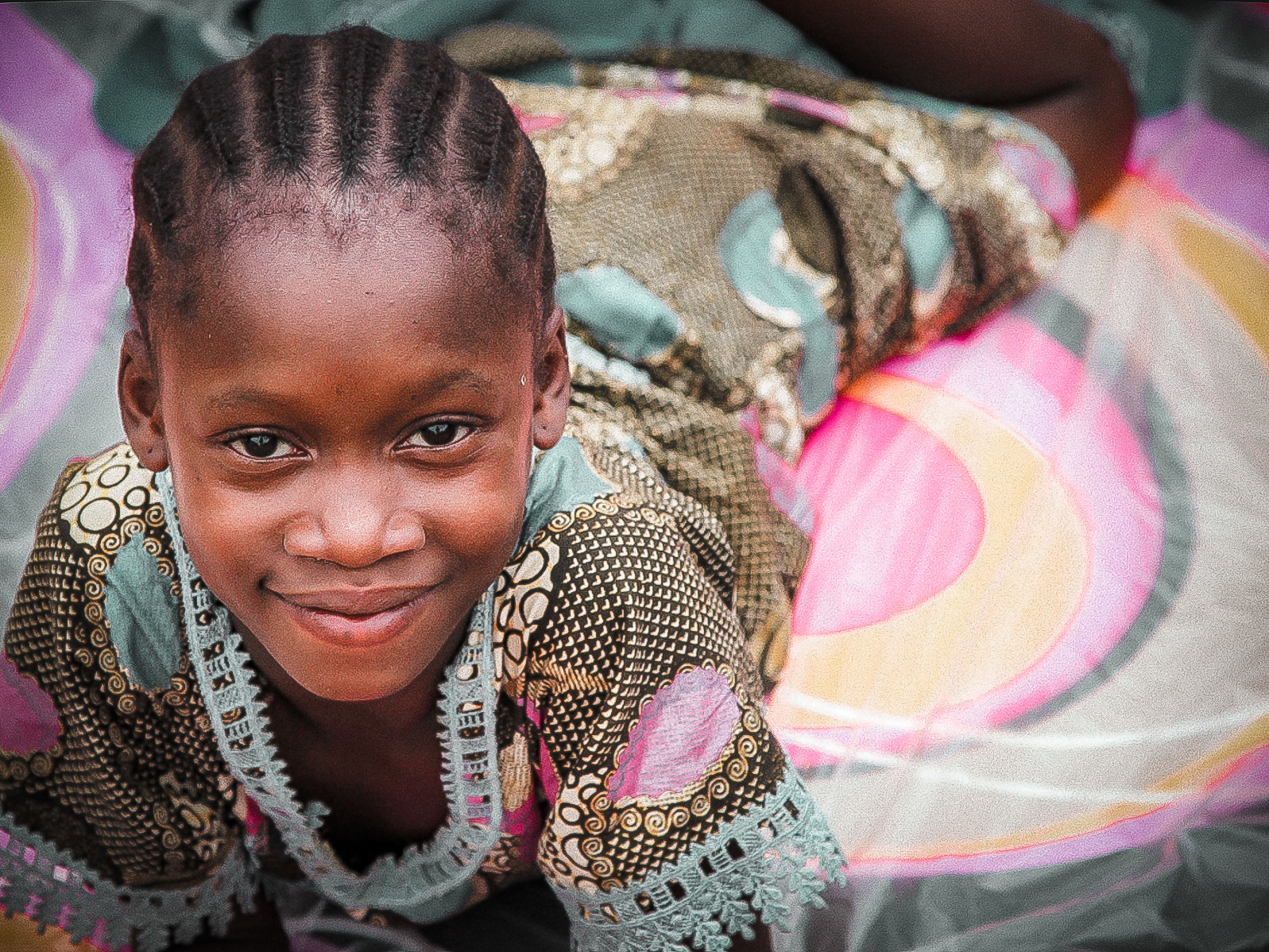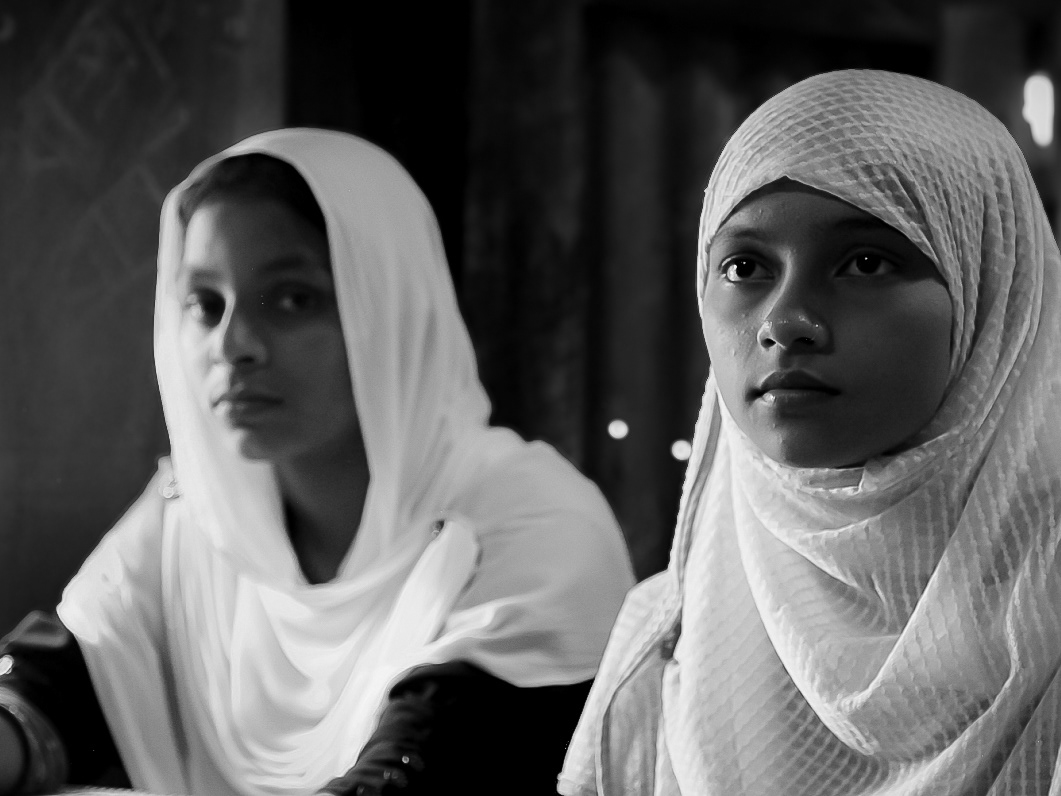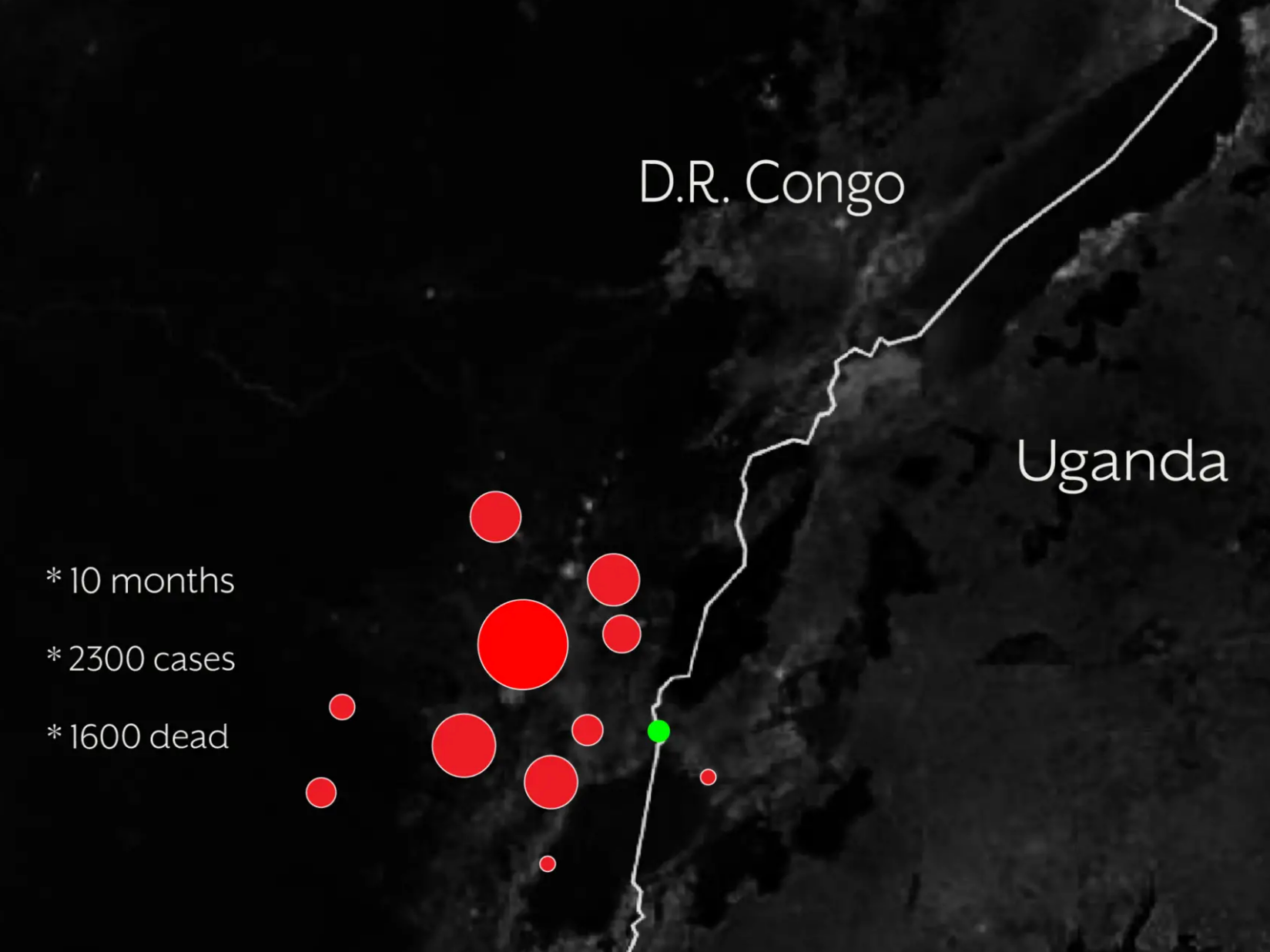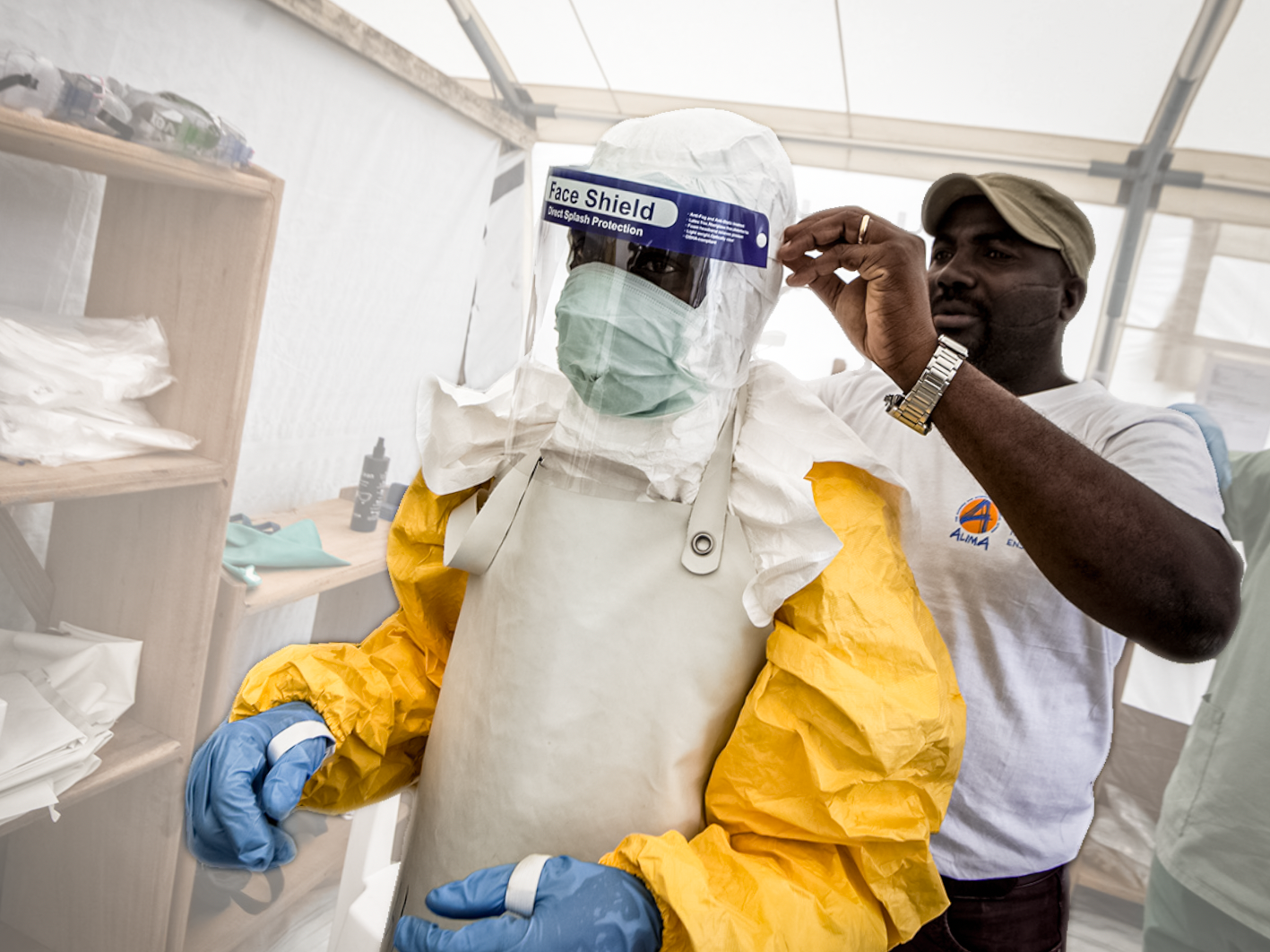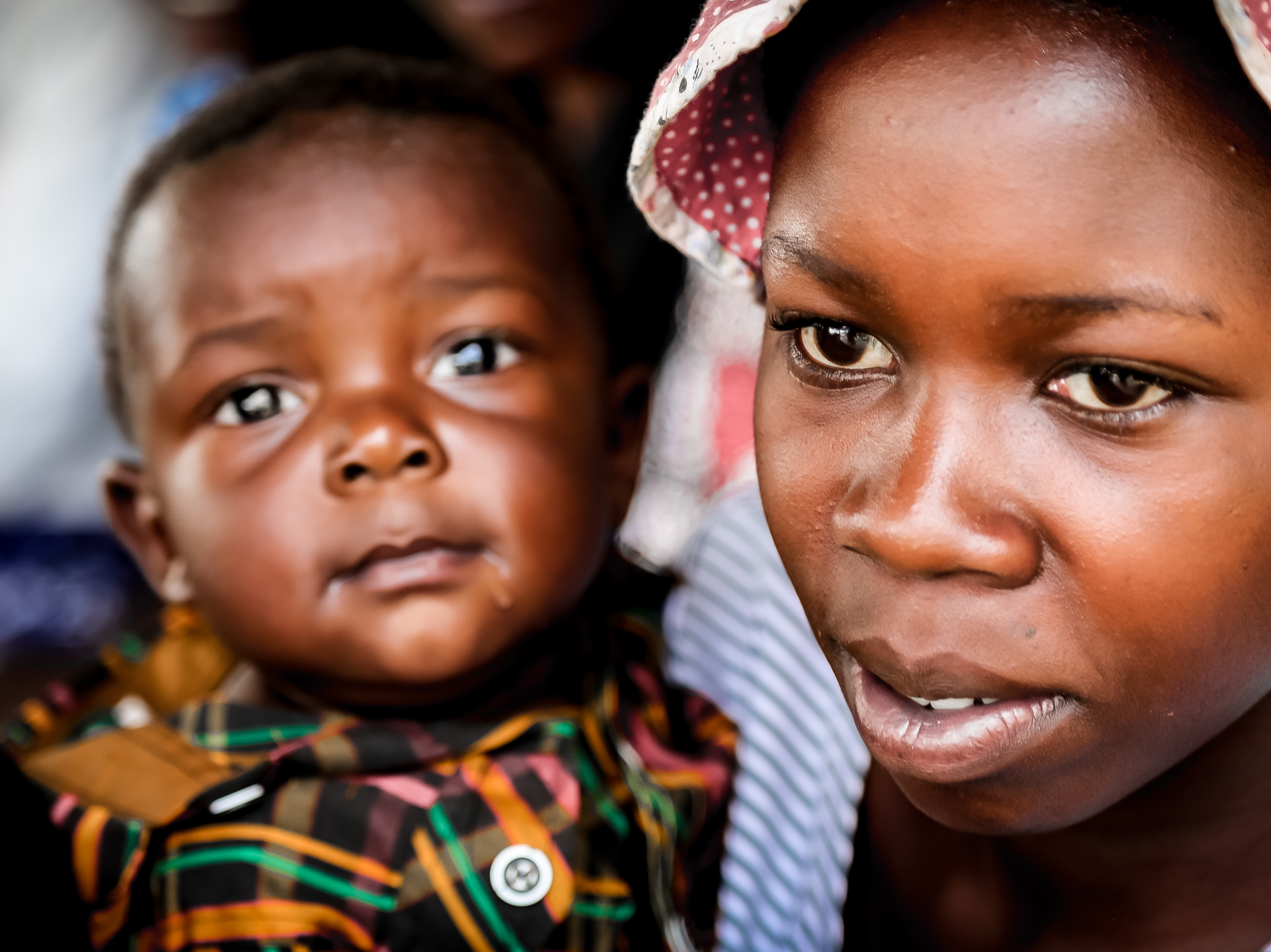A family in a displacement camp in Nuwakot, Nepal. Tens of thousands still lived in camps one year after the earthquake.
Elderly members of a displaced family living in makeshift roadside shelter in Nuwakot, northern Nepal.
A local woman visits a health facility in the hard-hit district of Rasuwa. Local volunteers braved aftershocks to clear mountain paths and bring in vital medical supplies after the quake.
Sabina Rimal (left) with Sarita at the Female Friendly Space in Dunche, Rasuwa.
A street vendor counts her takings on a footbridge in Kathmandu. In many quake-hit areas, the fabric of society broke down, pushing thousands more people into poverty.
Ishwori Dangol with her baby. The black make up around the child's eyes is an old tradition to ward off the evil eye.
Sabita Acharya received health, hygiene and safety-related supplies from the UN Population Fund.
A mother and her children in Dunche, Rasuwa.
